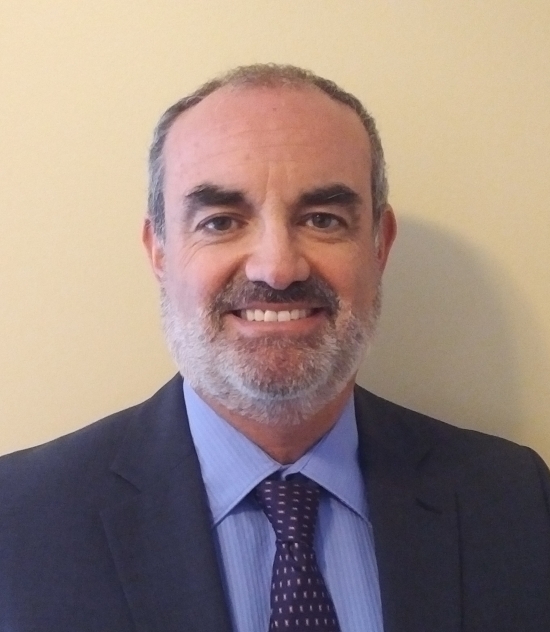
MPEL Seminar
Remote Community Microgrids
Add to Google Calendar

Microgrids are not new to power systems, since these local and small grids have been widely deployed and utilized for electricity supply in remote and isolated communities such as islands and remote villages throughout the world. However, there is nowadays a rapid development and deployment of microgrids in the context of smart and resilient power networks, in good part motivated by the need to integrate distributed generation, especially if power by renewable resources such as wind and solar, to reduce operational costs and the environmental impact of these grids, particularly for diesel-depended isolated microgrids.
The presentation will provide a general overview of the research work being carried out by Prof. Canizares' group at the University of Waterloo on remote microgrids, including a summary of a survey carried out by the group on remote microgrids in Canada, and a detailed description of the microgrid in one of these communities, namely, the Kasabonika Lake First Nation (KLFN) community microgrid in Northern Ontario, where a one-year measuring campaign was carried out to identify main technical issues associated with these kinds of microgrids. A general description of the group's main research contributions and findings, with several practical examples will be provided, focusing on remote microgrid dispatch, control, stability, and optimal planning. In particular, the following subjects will be discussed in some detail in the context of remote microgrids: Energy Management Systems (EMS) considering renewable power uncertainty; voltage and frequency control and stability definitions, modeling, simulation, and analysis in microgrids with high penetration of variable renewable power; and optimal placement and sizing of renewable power equipment for minimization of costs and diesel use, considering secure system operation.
Dr. Claudio Canizares is a Full Professor and the Hydro One Endowed Chair at the Electrical and Computer Engineering (E&CE) Department of the University of Waterloo, where he has held various academic and administrative positions since 1993. He received the Electrical Engineer degree from the Escuela Politécnica Nacional (EPN) in Quito-Ecuador in 1984, where he held different teaching and administrative positions between 1983 and 1993, and his MSc (1988) and PhD (1991) degrees in Electrical Engineering are from the University of Wisconsin-Madison. His research activities focus on the study of stability, modeling, simulation, control, optimization, and computational issues in large and small grids and energy systems in the context of competitive energy markets and smart grids. In these areas, he has led or been an integral part of many grants and contracts from government agencies and companies, and has collaborated with industry and university researchers in Canada and abroad, supervising/co-supervising many research fellows and graduate students. He has authored/co-authored a large number of journal and conference papers, as well as various technical reports, book chapters, disclosures and patents, and has been invited to make multiple keynote speeches, seminars, and presentations at many institutions and conferences world-wide. He is a Fellow of the Institute of Electrical & Electronic Engineering (IEEE), as well as a Fellow of the Royal Society of Canada, where he is currently the Director of the Applied Science and Engineering Division of the Academy of Science, and a Fellow of the Canadian Academy of Engineering. He is also the recipient of the 2017 IEEE Power & Energy Society (PES) Outstanding Power Engineering Educator Award, the 2016 IEEE Canada Electric Power Medal, and of various IEEE PES Technical Council and Committee awards and recognitions, holding leadership positions in several IEEE-PES Technical Committees, Working Groups and Task Forces.
 MENU
MENU 
